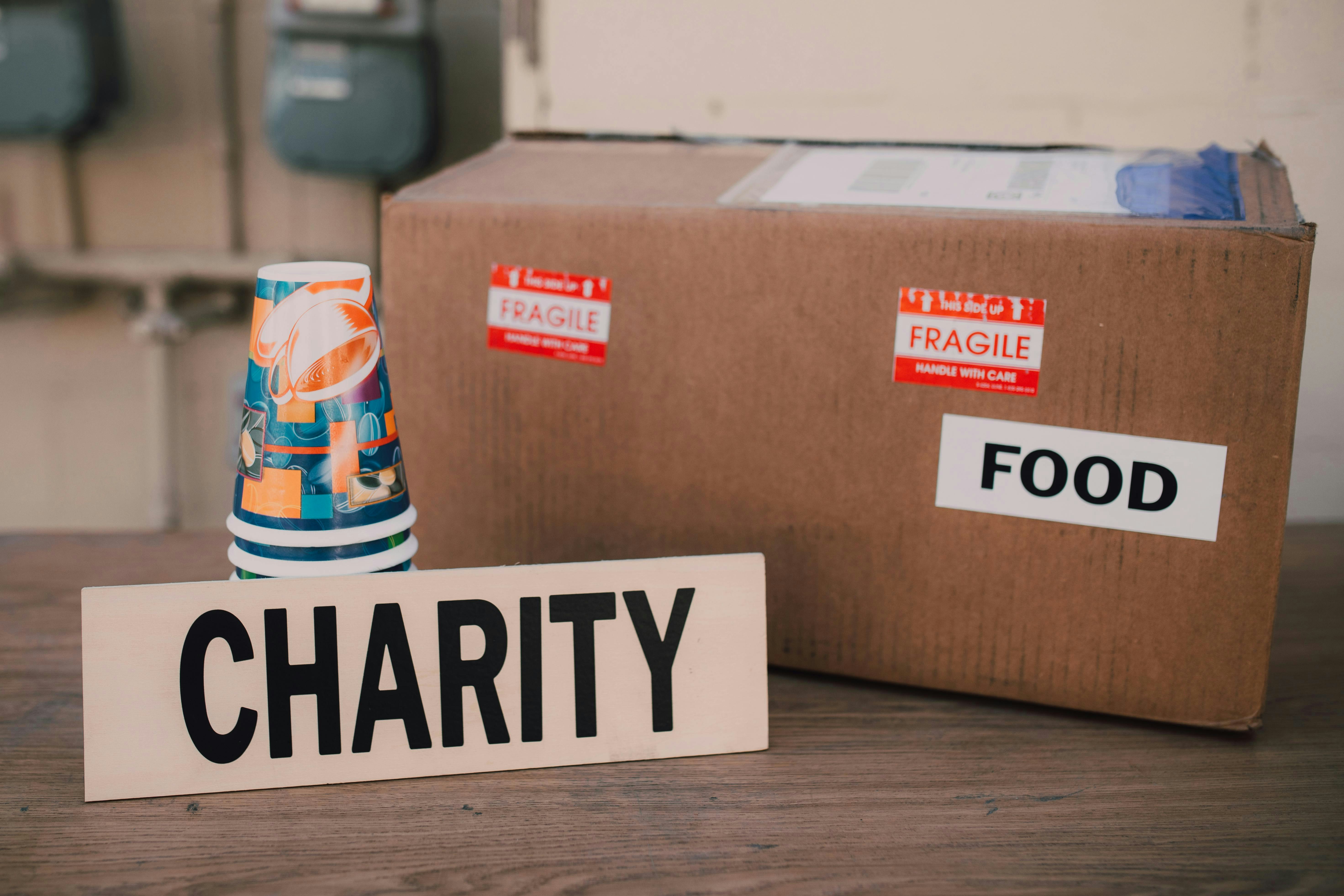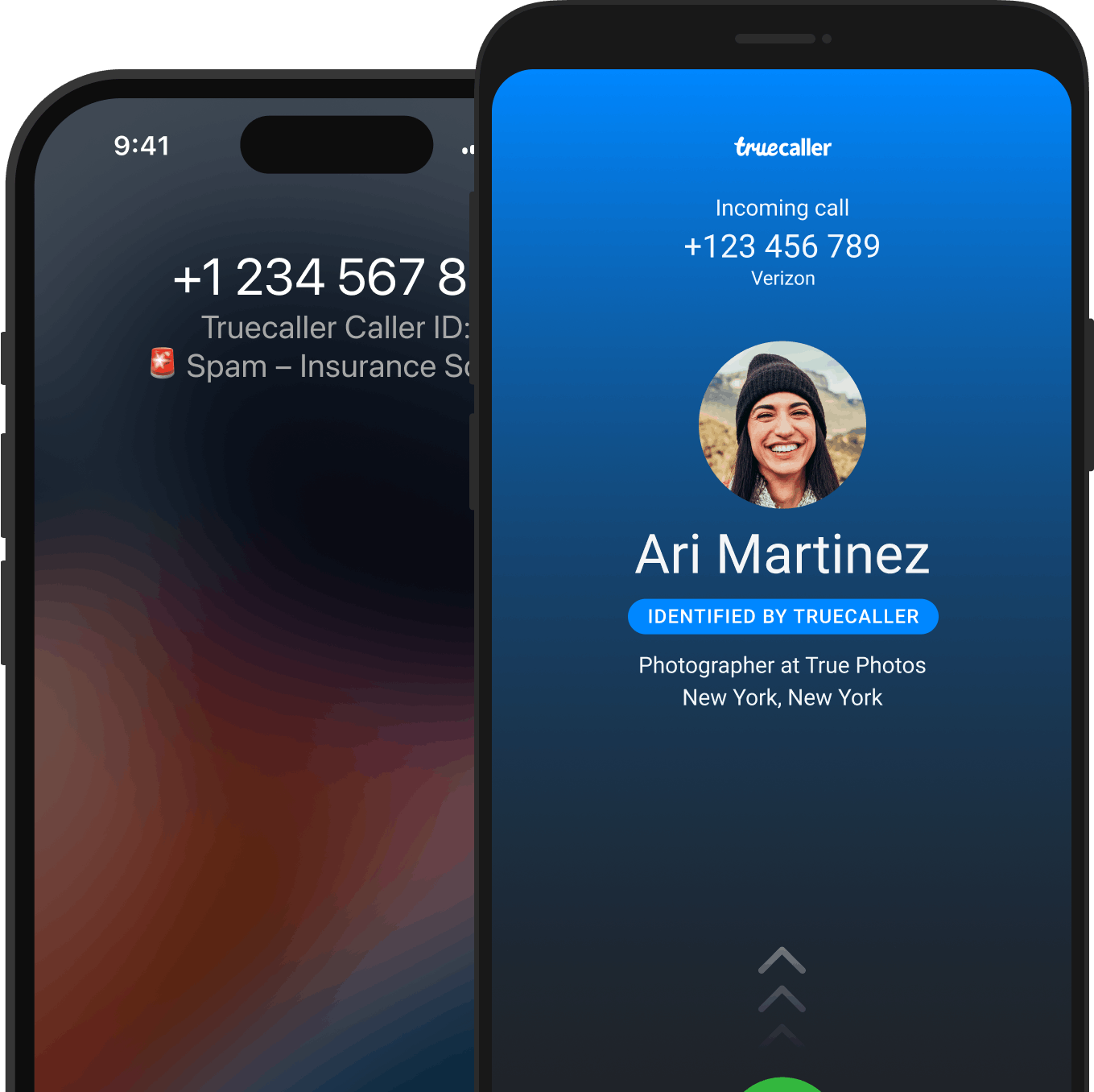
Charity Scams in Nigeria
What are fake charity scams happening across Nigeria?
A fake charity scam is a deceitful scheme where fraudsters pretend to raise funds for charitable causes, exploiting the generosity and compassion of individuals. These scammers create fake organizations or impersonate legitimate charities to solicit donations, often using emotional stories and images to manipulate potential donors. The goal of a fake charity scam is to trick people into giving money to a fraudulent cause, leaving them with a false sense of goodwill while the scammers profit.
Examples of Fake Charity Scams Happening Across Nigeria
Scammers may claim to be raising funds for children with severe illnesses like cancer. For example, a scammer might create a social media page showing a child in distress, accompanied by a heartbreaking story, asking for donations. The money collected never reaches the purported cause.
During times of national security concerns, scammers might pose as representatives of organizations supporting the families of fallen soldiers. A scammer might call or email, claiming they are collecting funds to support widows and orphans of Nigerian soldiers, appealing to national pride and respect for the military. The donations, however, are pocketed by the scammers.
After natural disasters such as floods, scammers might set up fake charities, claiming to provide aid to affected communities. For instance, a scammer might knock on doors or send messages soliciting funds for flood victims, using images and stories of the disaster to tug at heartstrings. The funds, instead of going to disaster relief, are kept by the scammers.
Fraudsters might pose as representatives of charities raising funds for the education of children from poor backgrounds. They might send emails claiming to be collecting school fees for underprivileged students and provide fake testimonials or pictures. The money sent for this noble cause ends up in the scammers’ pockets.
Scammers might claim to be raising funds for community projects like building schools or water supply systems. A scammer could approach a community leader, claiming they are fundraising to build a much-needed hospital, but the money collected disappears without a trace.
How to spot a fake charity scam?
Scammers create a sense of urgency, pushing you to donate immediately without giving you time to think or verify.
Fake charity scammers often provide vague or incomplete information about their organization and its activities.
Requests for donations through mobile money, wire transfers, or recharge cards are common in fake charity scams.
Be wary of unsolicited calls, messages, or visits asking for donations to charities you’ve never heard of.
Fake charity scammers often use names similar to well-known charities, hoping to confuse potential donors.
If a charity can’t provide an official receipt for your donation, it’s likely a fake charity.
Donations are often requested to be sent to individual bank accounts, rather than a business account associated with a legitimate charity.
How to Protect Yourself from a Fake Charity Scam in Nigeria
Before donating, take the time to research the organization. Verify that they are registered with the Corporate Affairs Commission (CAC) in Nigeria.
Whenever possible, donate through the official website or known contacts of reputable charities, rather than through third-party links or unsolicited requests.
Legitimate charities will provide detailed information about their mission, activities, and how donations are used.
Never give out personal or financial details over the phone or online unless you’re sure of the charity’s legitimacy.
Be alert to the warning signs mentioned above. If anything seems suspicious, do not proceed with the donation.
Donate using secure methods like credit cards or bank transfers. Avoid sending cash or using untraceable methods.
If the number you are receiving a call from is identified as a scammer, Truecaller will alert you with a caller ID warning or fraud detection message!
How Scammers Operate Fake Charity Scams in Nigeria
- Emotional Appeals: Scammers create fake charities or impersonate real ones, often using emotional stories to solicit donations.
- Urgent Requests: They often claim that donations are urgently needed, capitalizing on crises such as natural disasters or pandemics.
- Fake Websites and Social Media: Scammers set up convincing websites and social media accounts that mimic legitimate charities.
- Door-to-Door Solicitations: In some cases, scammers may go door-to-door, collecting cash donations with fake documentation.
Psychological Tactics:
- Guilt and Compassion: Scammers exploit the victim’s compassion and desire to help others, often using images of children or disaster victims.
- Authority Figures: They may impersonate well-known charity organizations or use endorsements from fake or stolen credentials to gain trust.
- Pressure to Donate: Victims are often pressured to donate immediately, with claims that the situation is dire and needs immediate support.
Impact on Victims:
- Financial Loss: Donations intended to help others are lost to scammers, depriving legitimate causes of support.
- Emotional Trauma: Victims may feel betrayed and guilty for having supported a fake cause instead of a real one.
- Trust Issues: After being scammed, victims may be reluctant to donate to any charity in the future, harming legitimate organizations.
If you are a victim of a fake charity scam, take following actions:
- Document all available information about the fake charity, including pamphlets, receipts, phone numbers, and fake websites. These will serve as evidence to help track the fraudsters.
- Note how they approached you for the donation—whether by email, phone call, or in person.
- If you’ve shared any sensitive information with the scammers, it’s crucial to inform your bank immediately.
- For the awareness of others, phone numbers of these scammers should be reported on Truecaller.
Where to report fake charity scams in Nigeria?
- Police Special Fraud Unit (PSFU)
Email: report@specialfraudunit.org.ng, pro@specialfraudunit.org.ng
Whatsapp: 08127609914
Voice Call/SMS: 07082276895
Social Media: Facebook - Economic and Financial Crimes Commission (EFCC)
Email: info@efcc.gov.ng
Phone number: +234 8093322644, +234 (9) 9044751
Social Media: Facebook, Twitter, Instagram - Independent Corrupt Practices Commission (ICPC)
Email: info@icpc.gov.ng
Phone number: 08076369259, 08076369260
Social Media: Instagram, Twitter, Facebook
Reporting the scam on Truecaller will help prevent others from becoming victims.
Conclusion
Fake charity scams exploit people's generosity and goodwill, especially during times of crisis or heightened emotional appeal. By being vigilant, thoroughly researching charities, and recognizing the warning signs of a fake charity scam, you can protect yourself and ensure your donations support genuine charitable causes.








